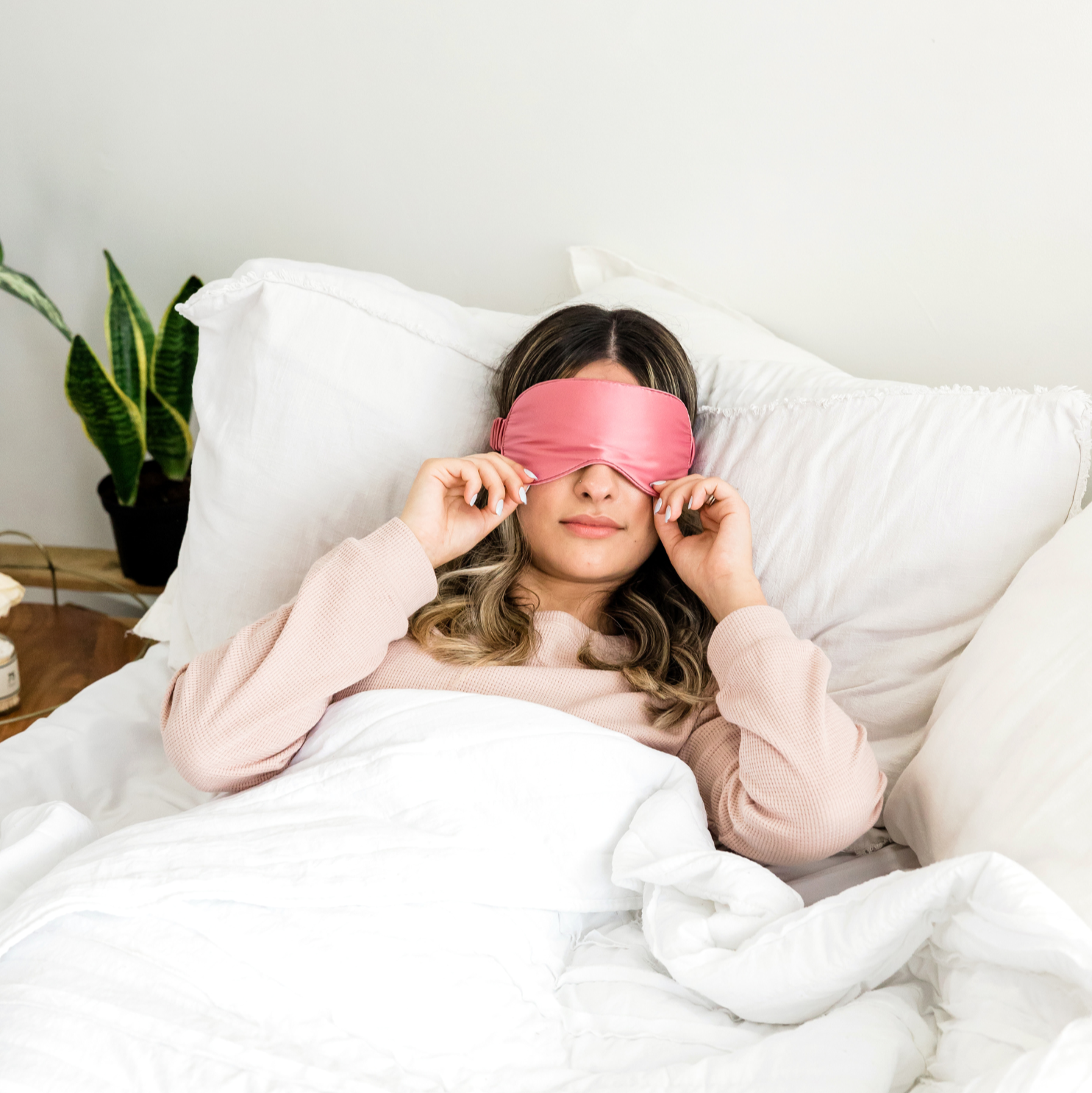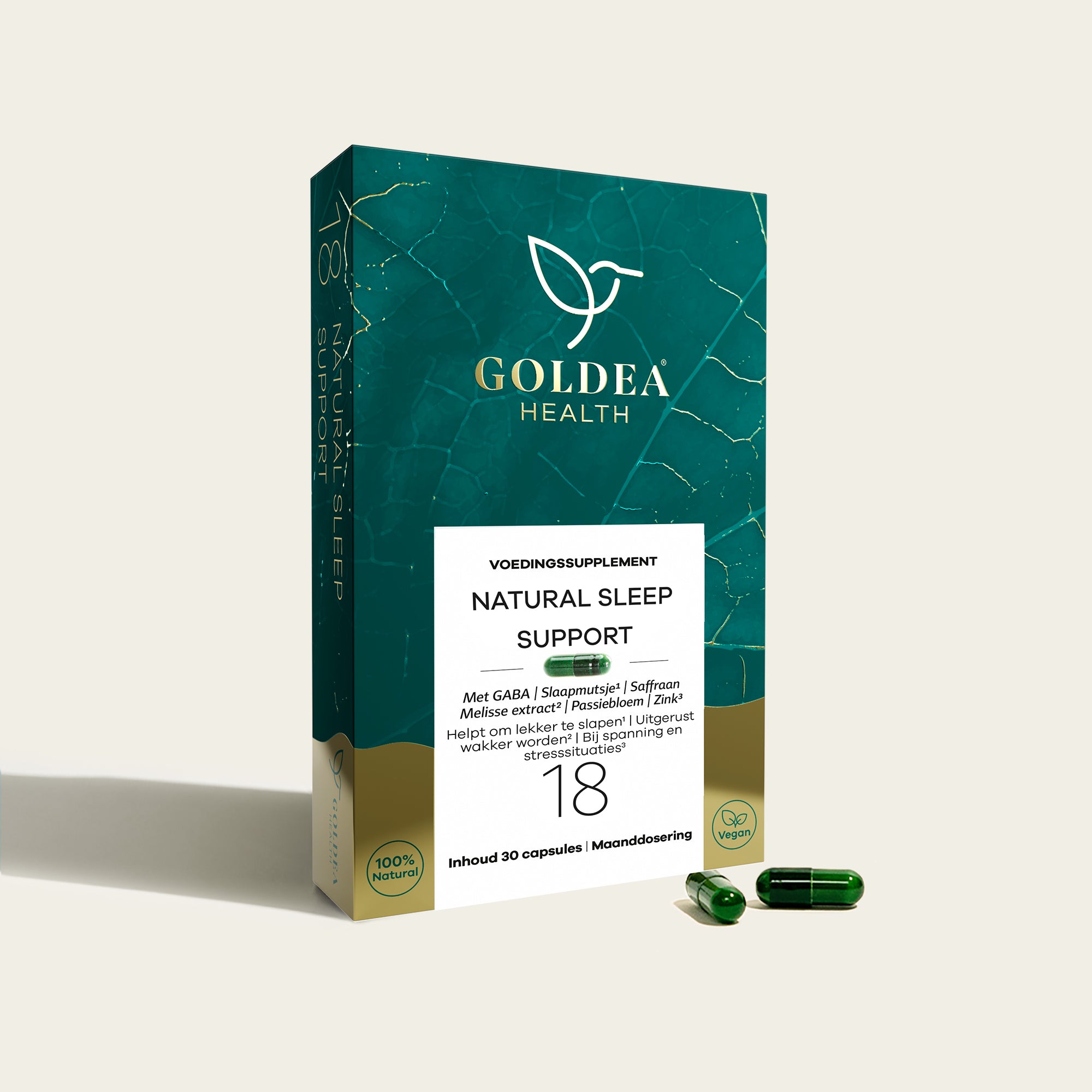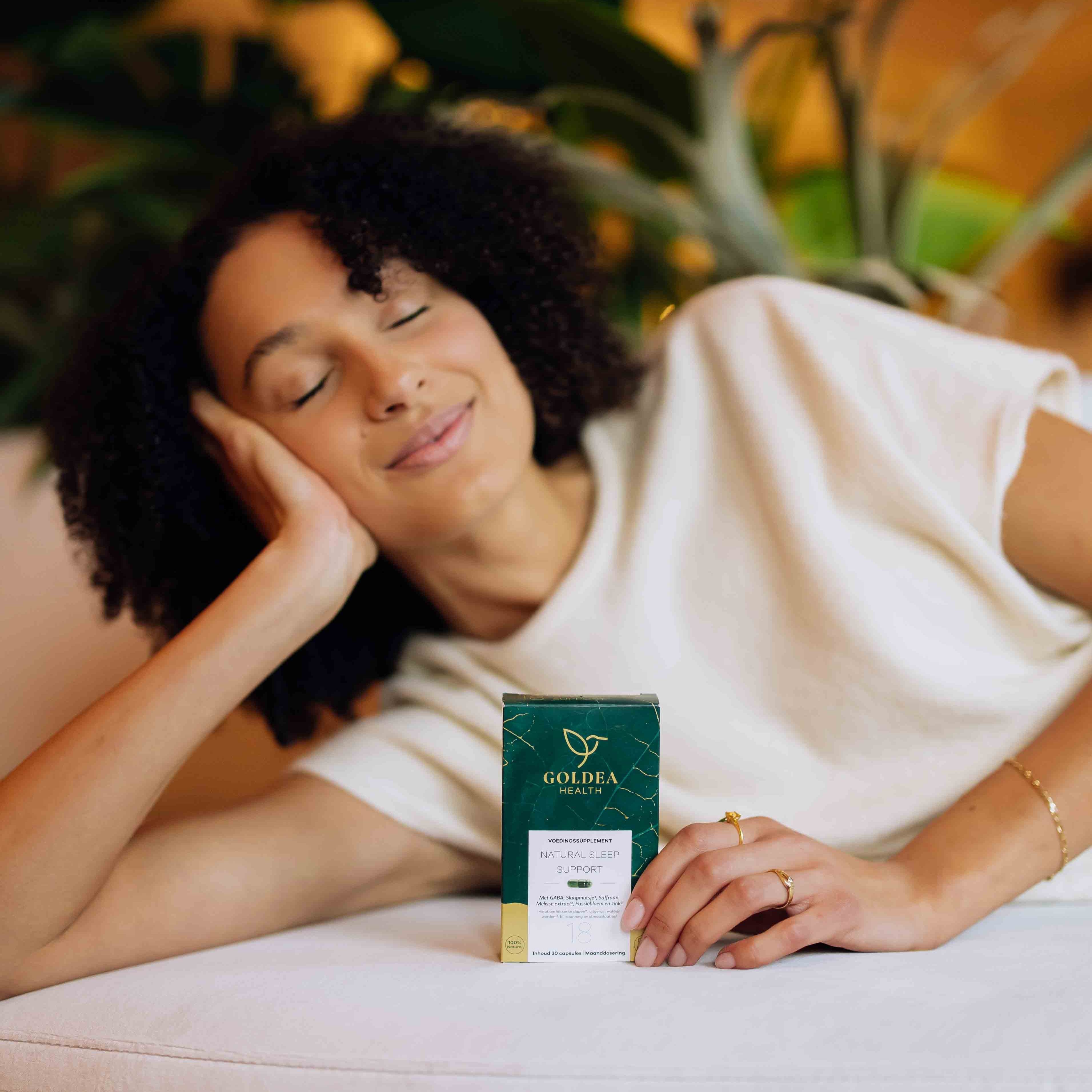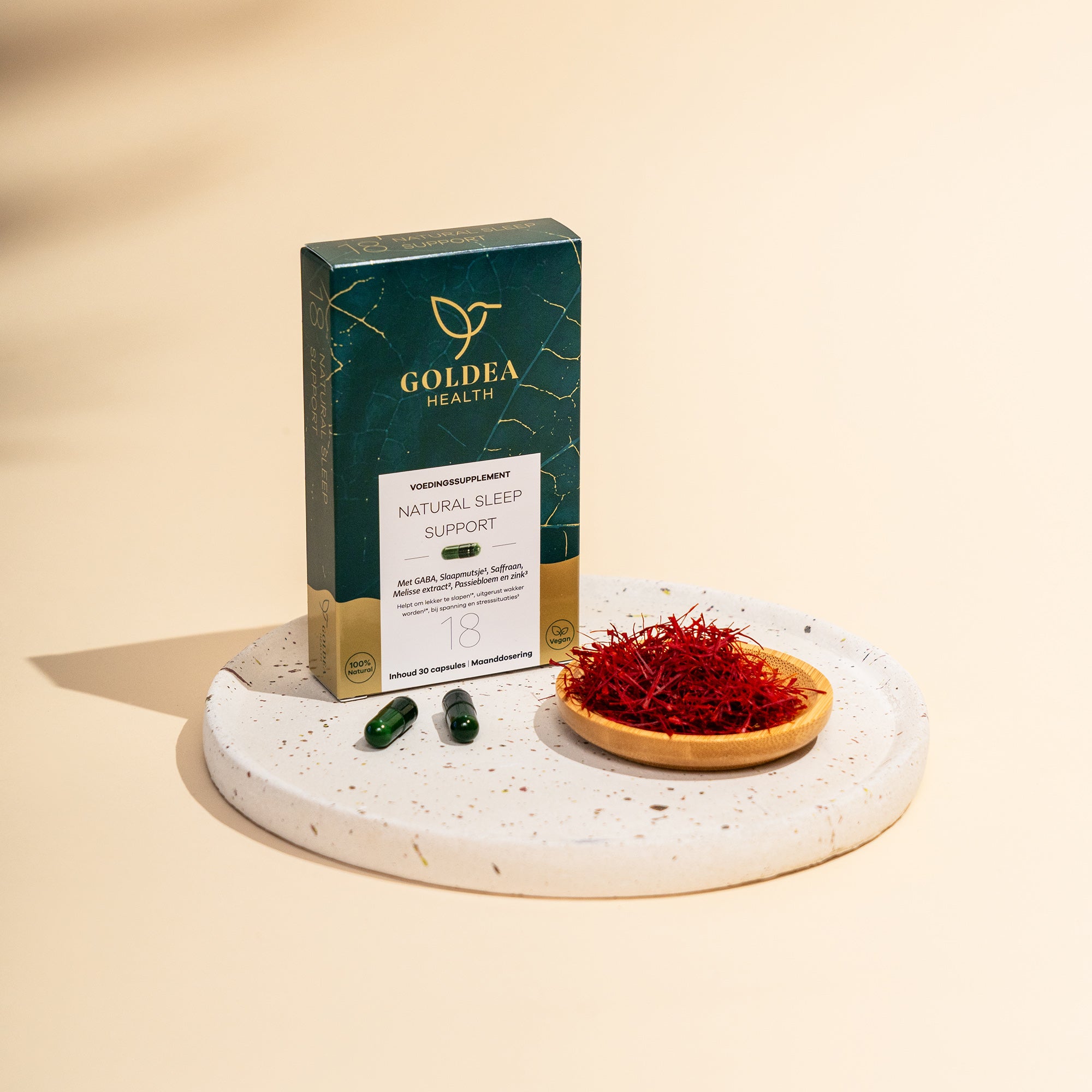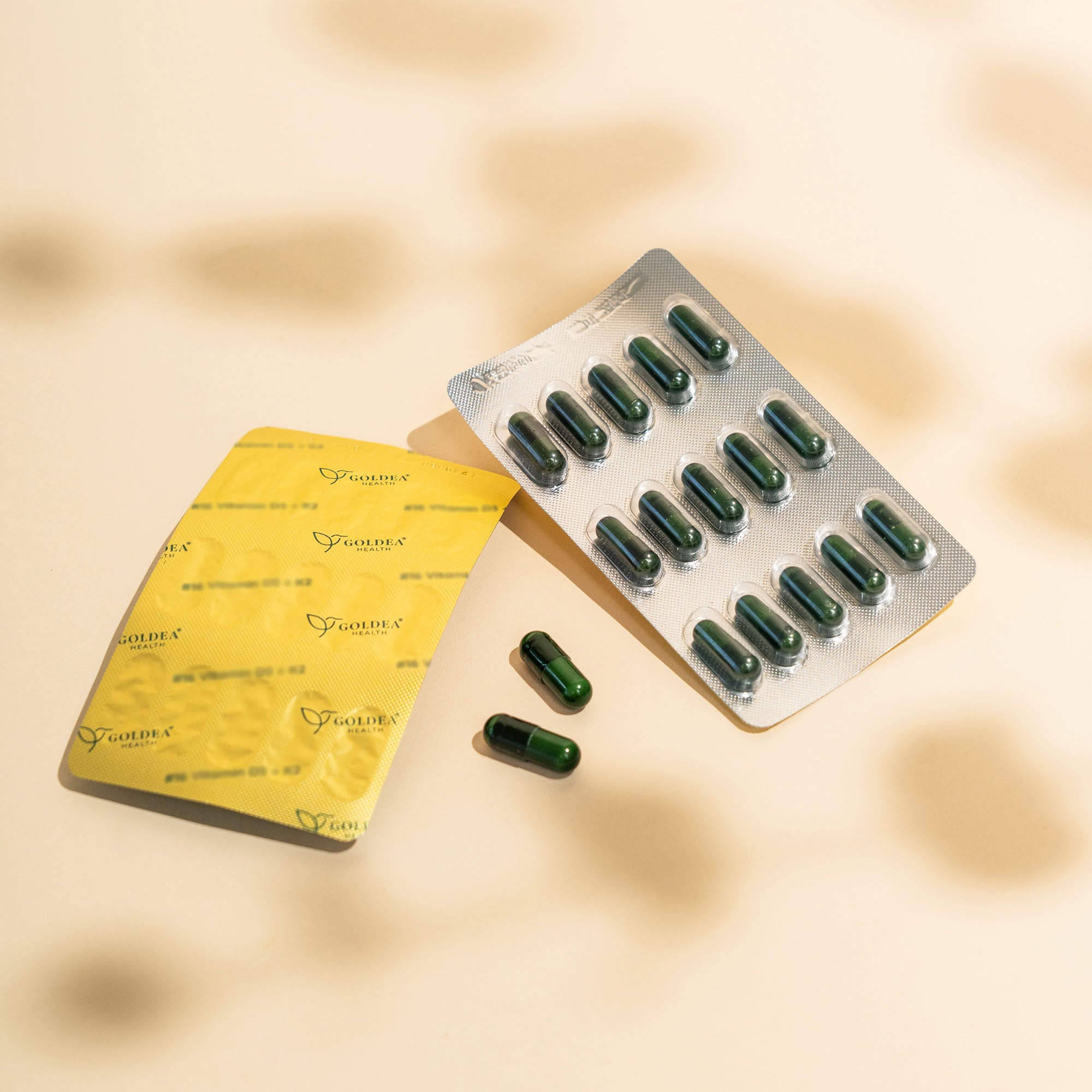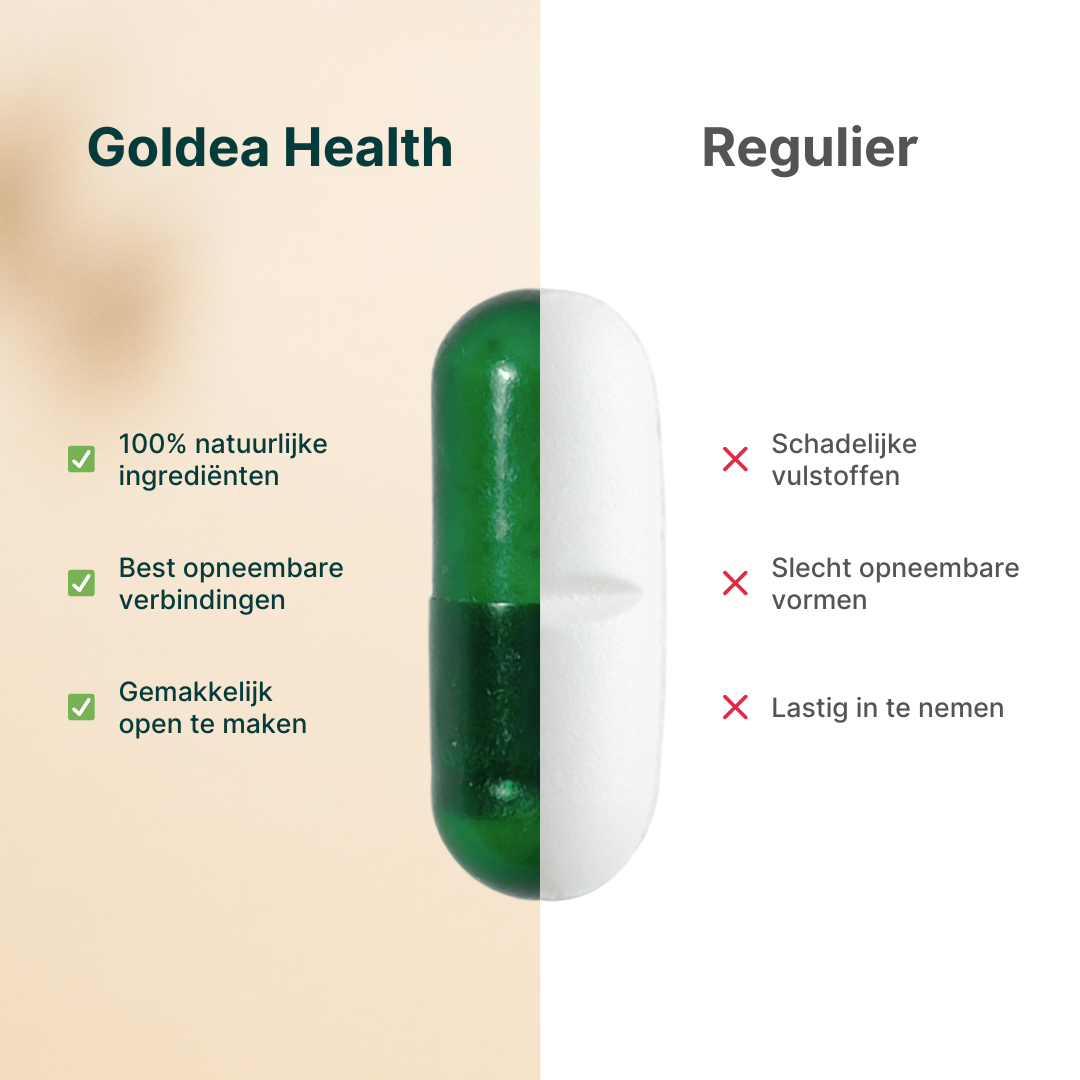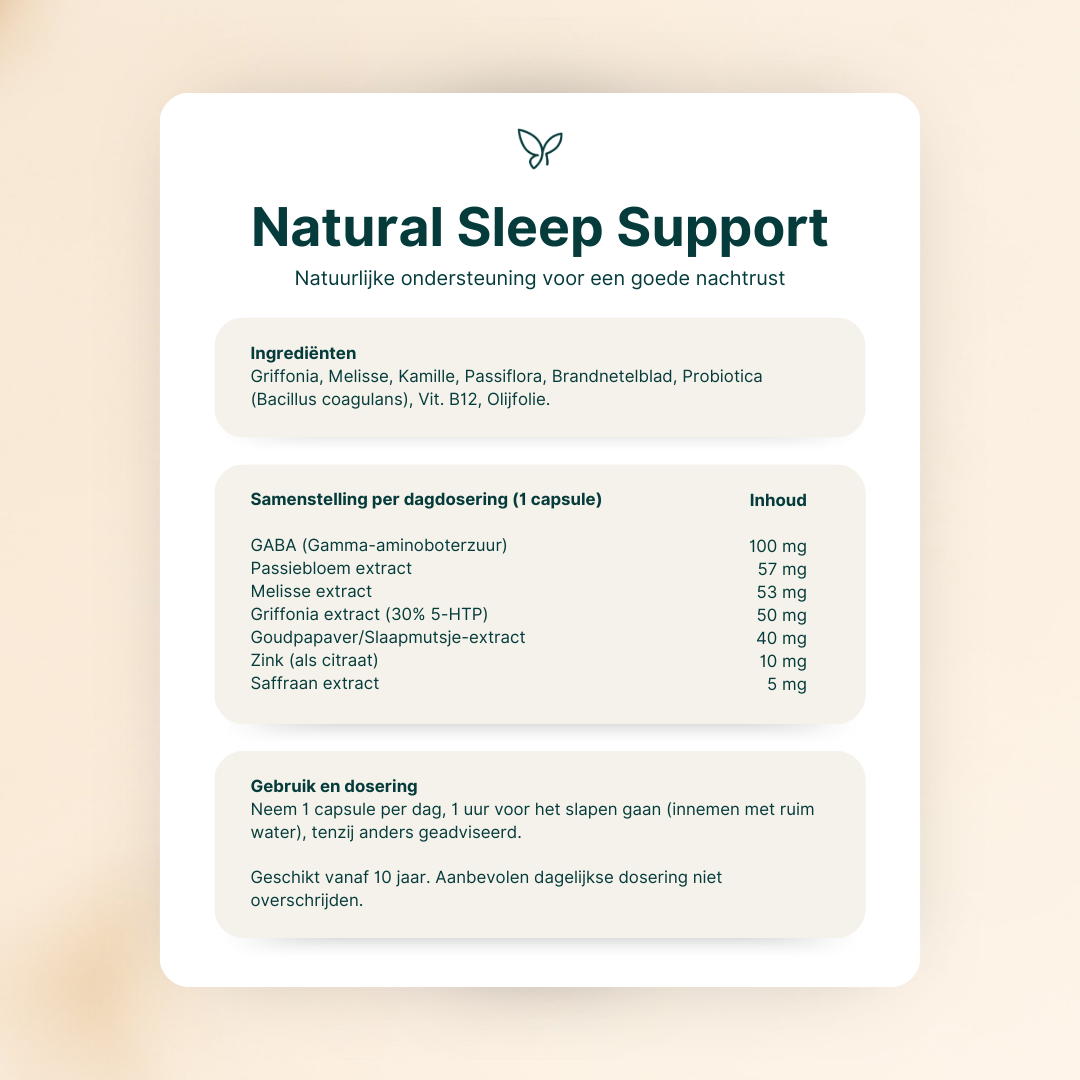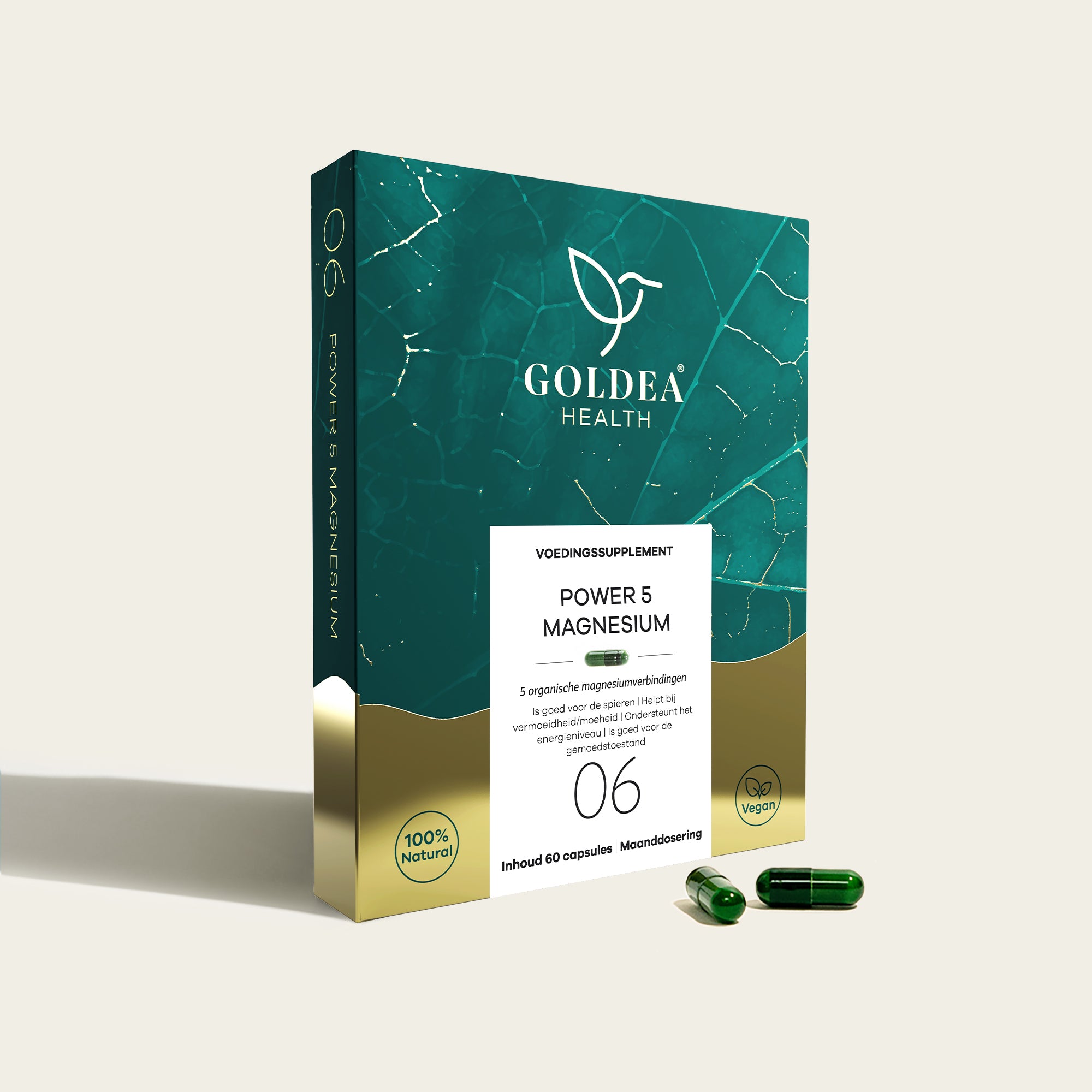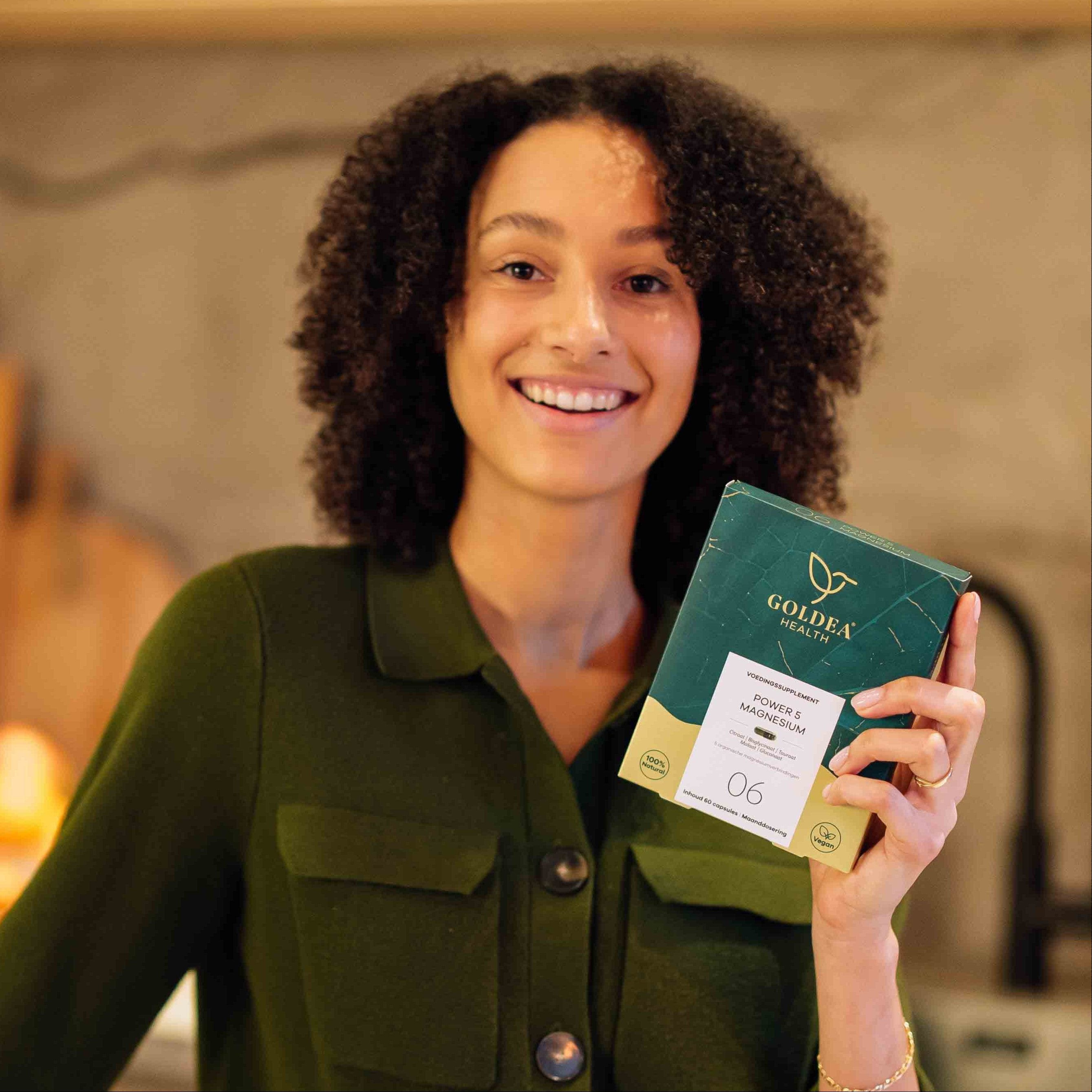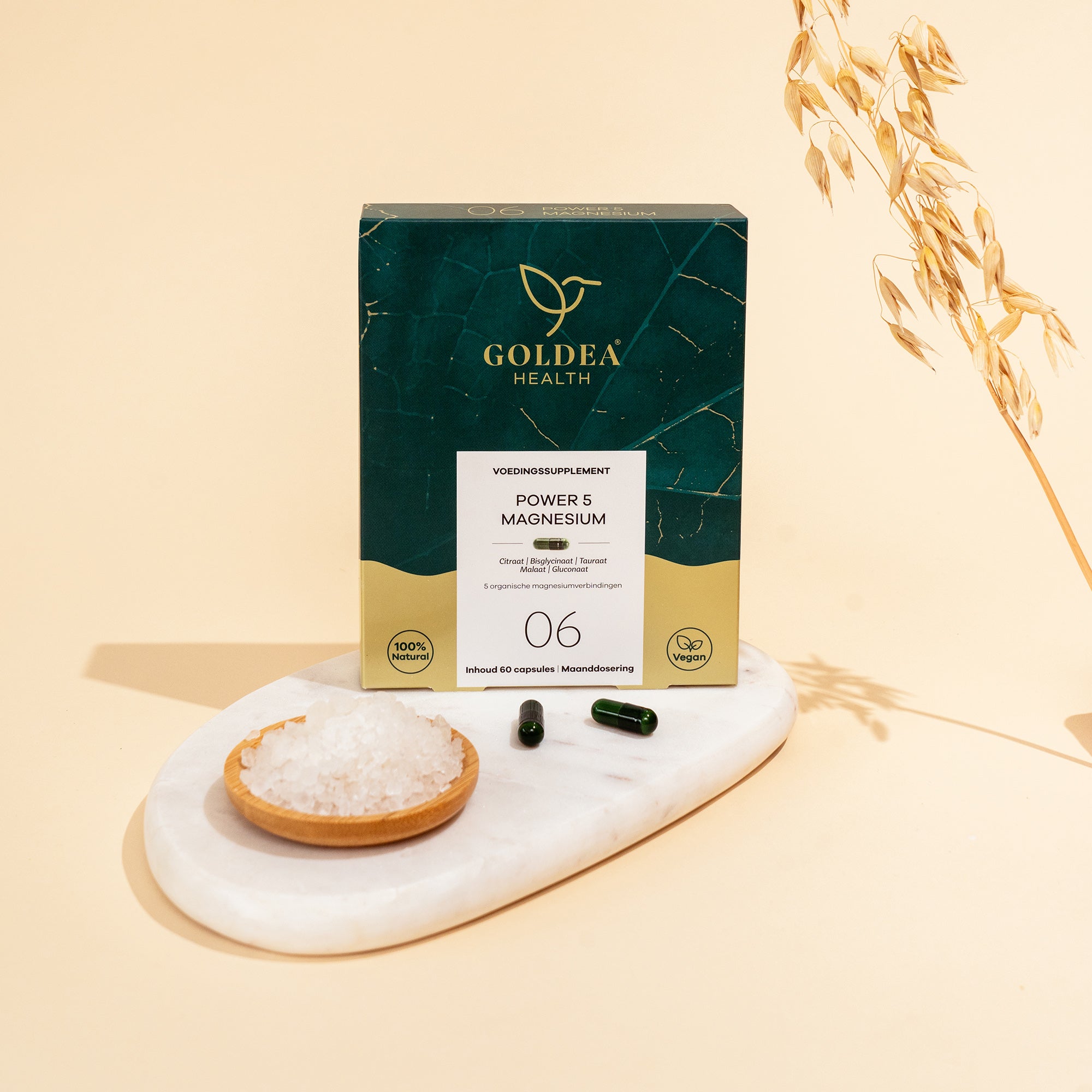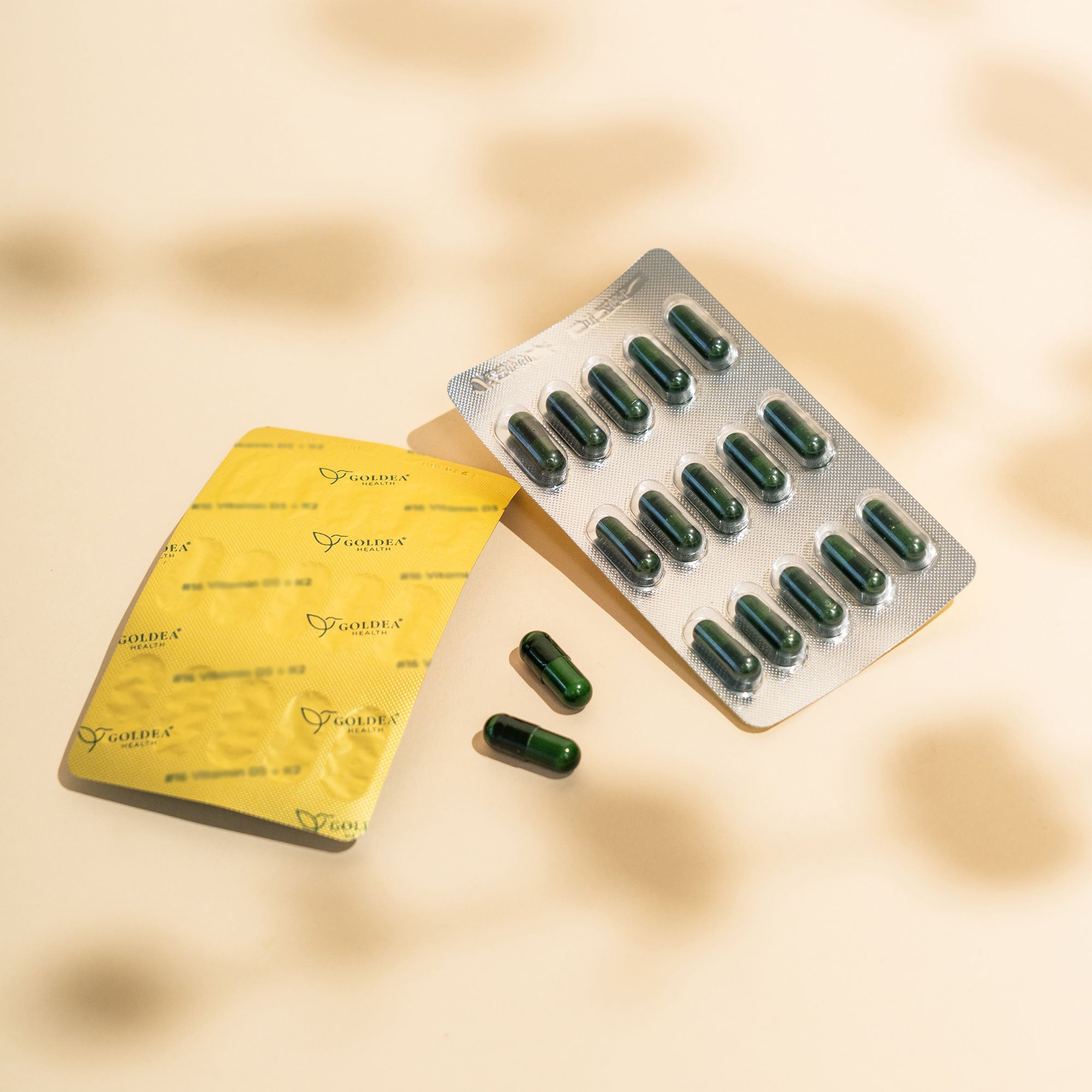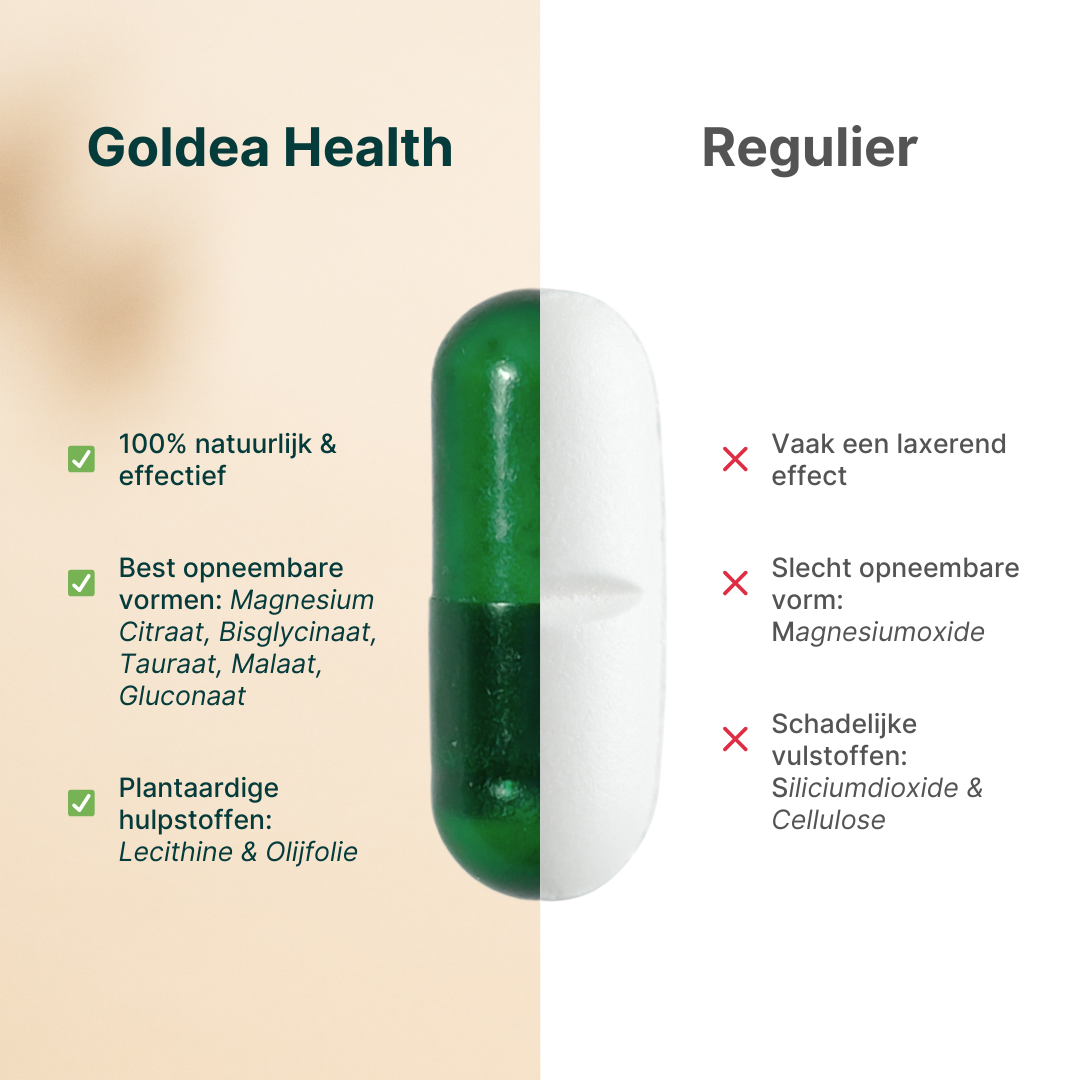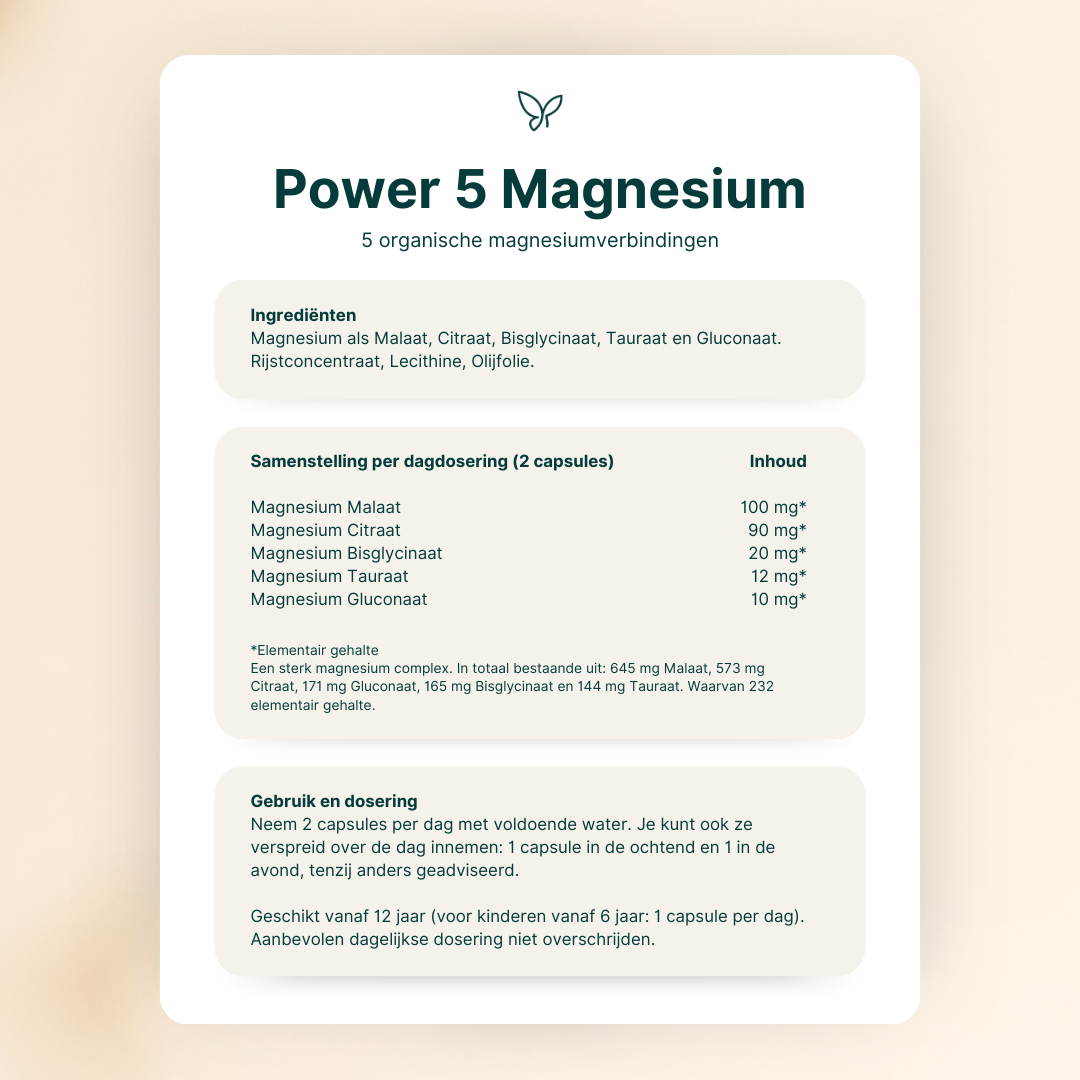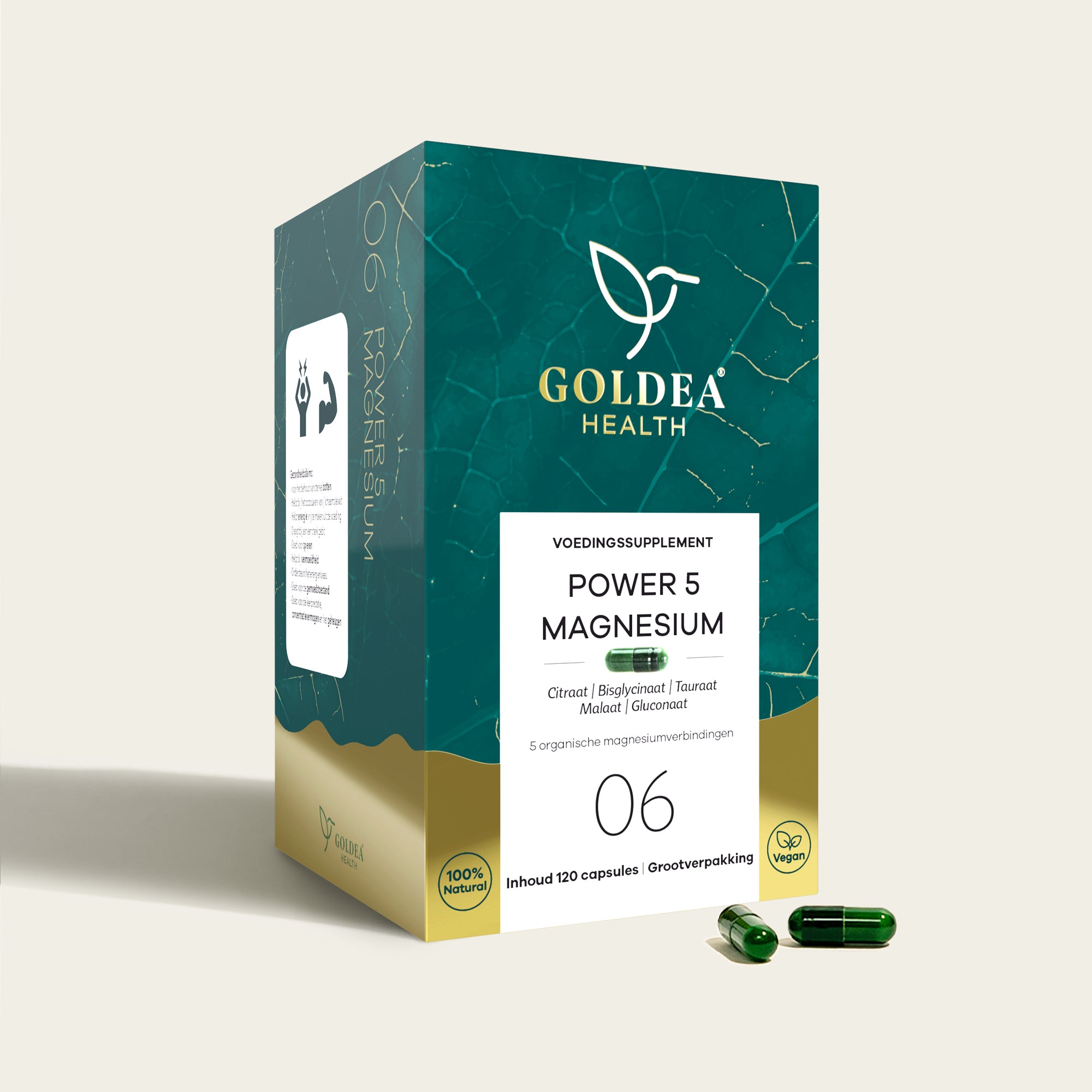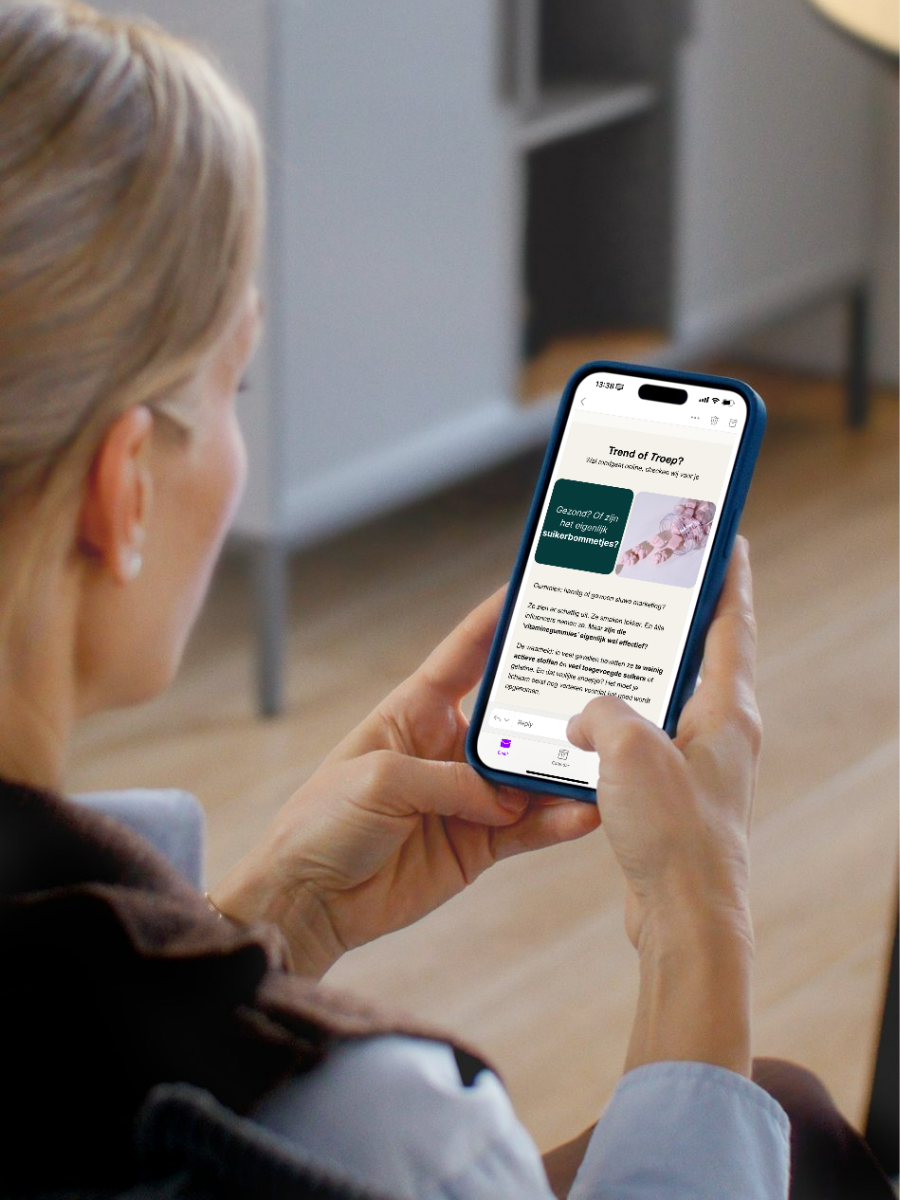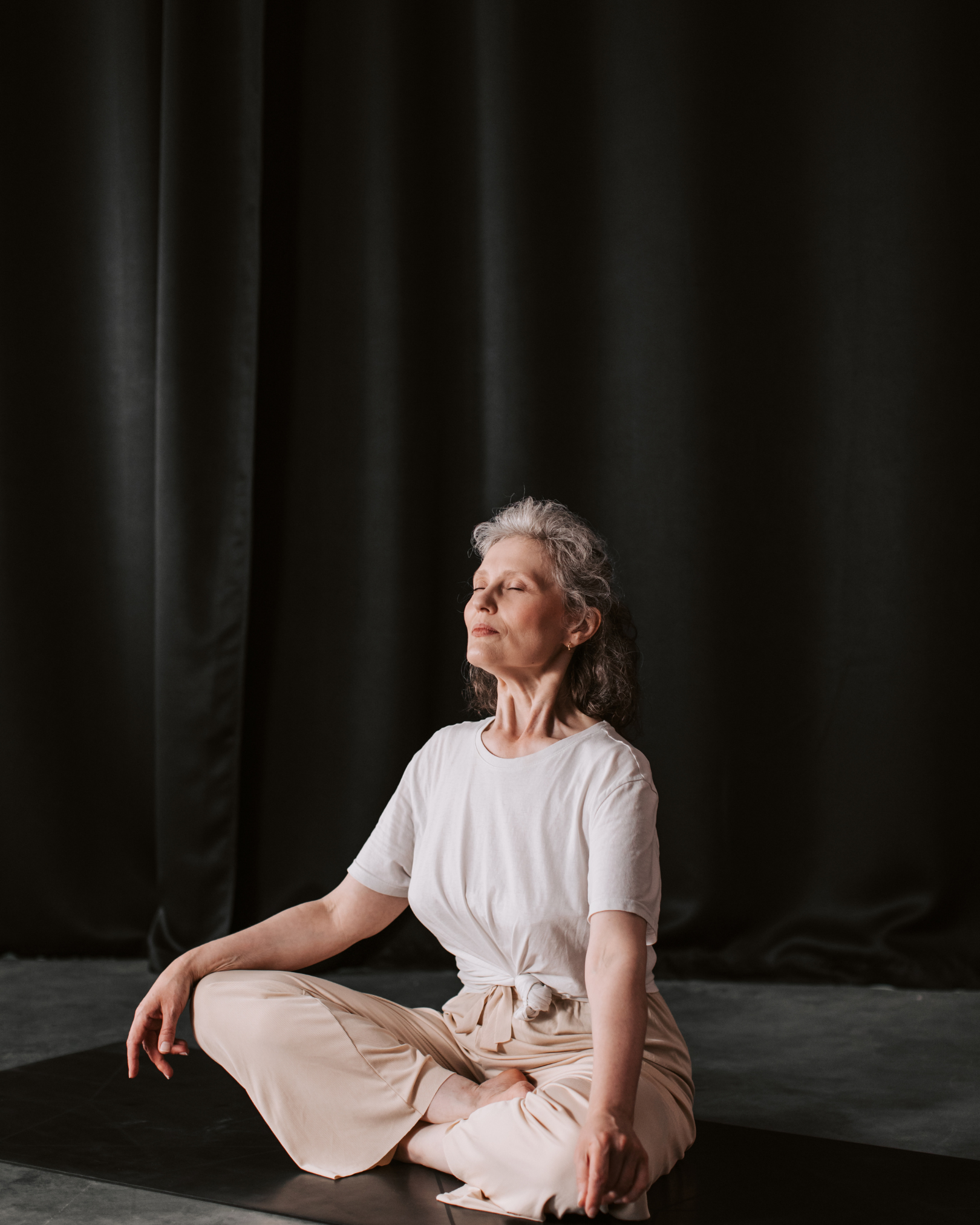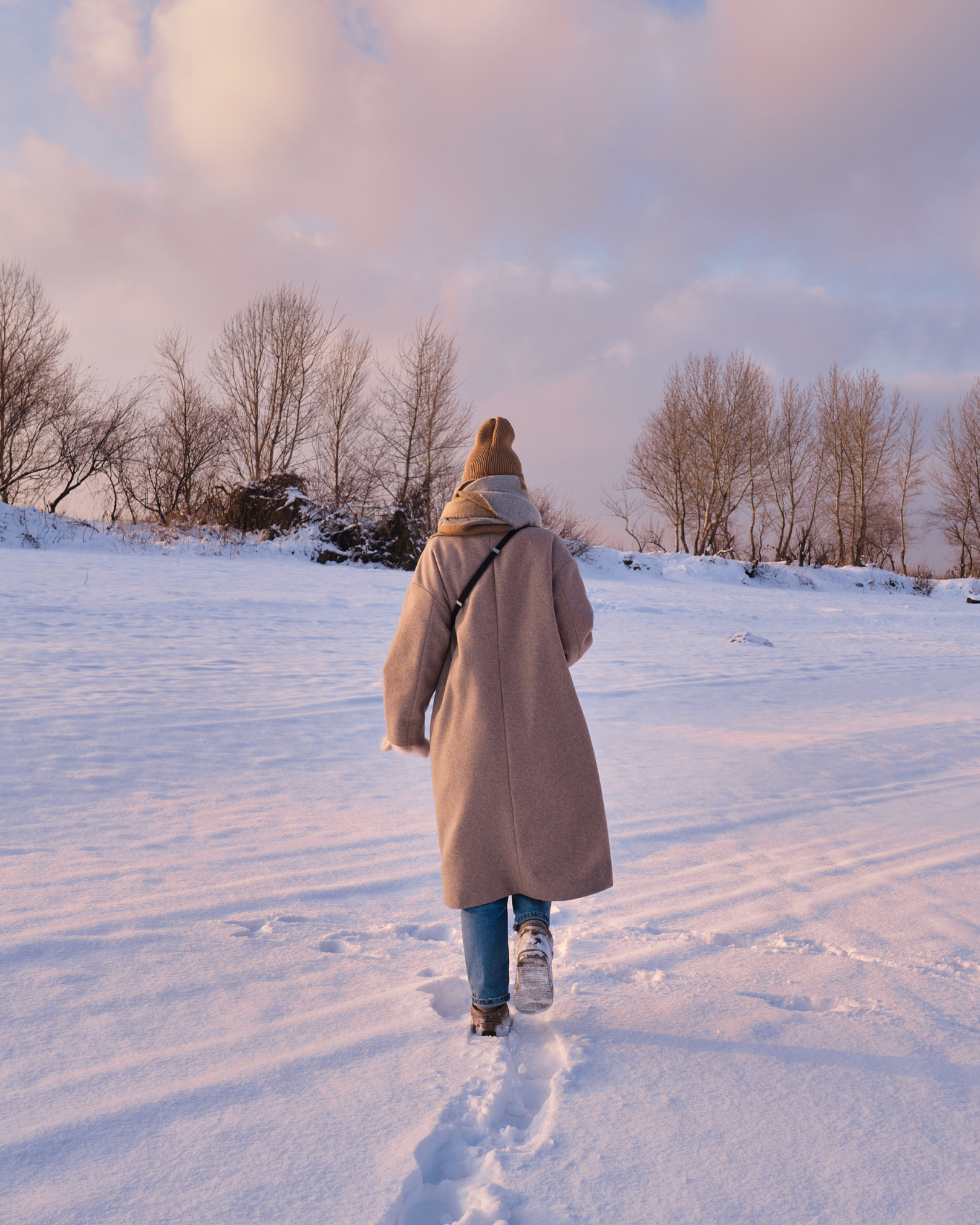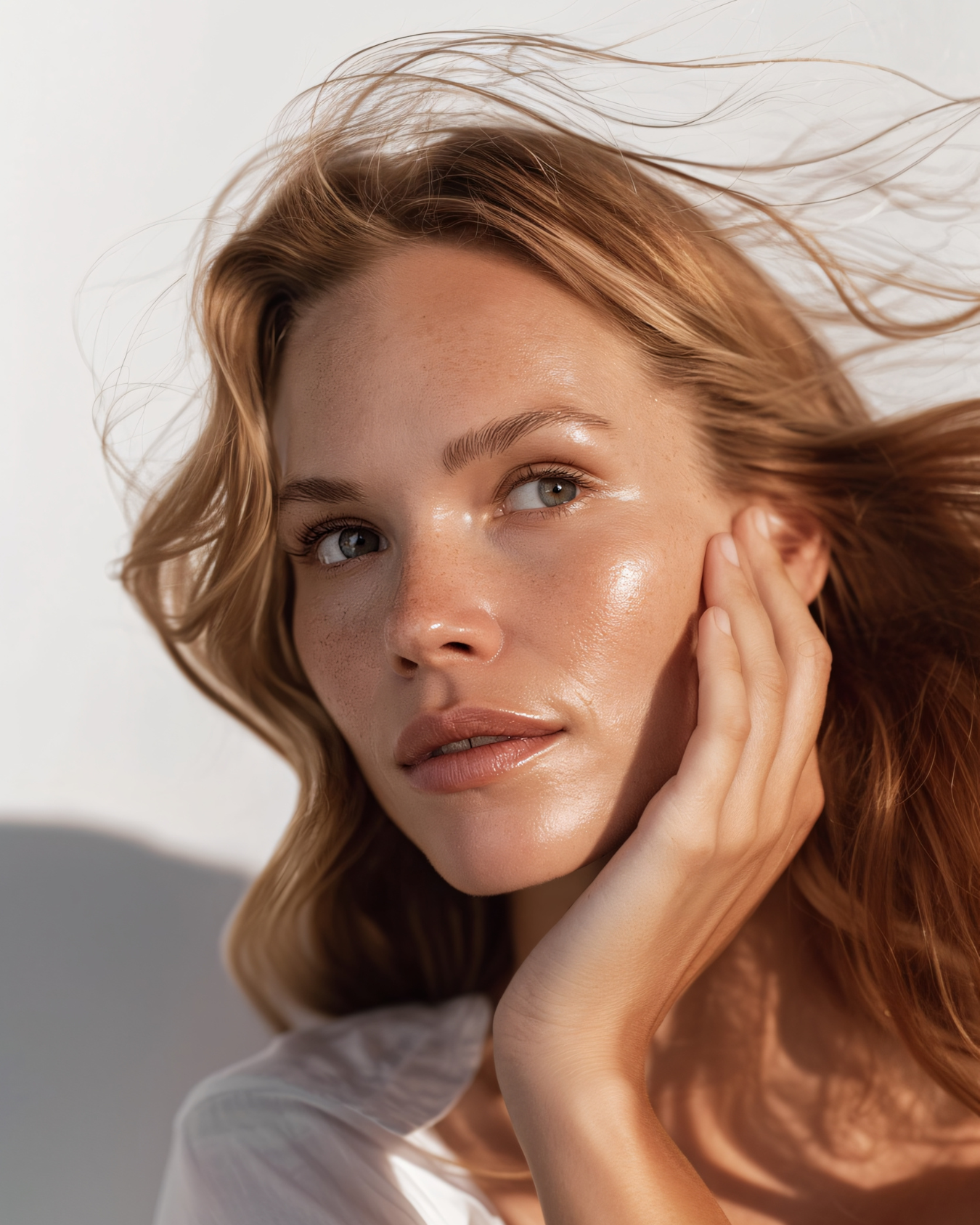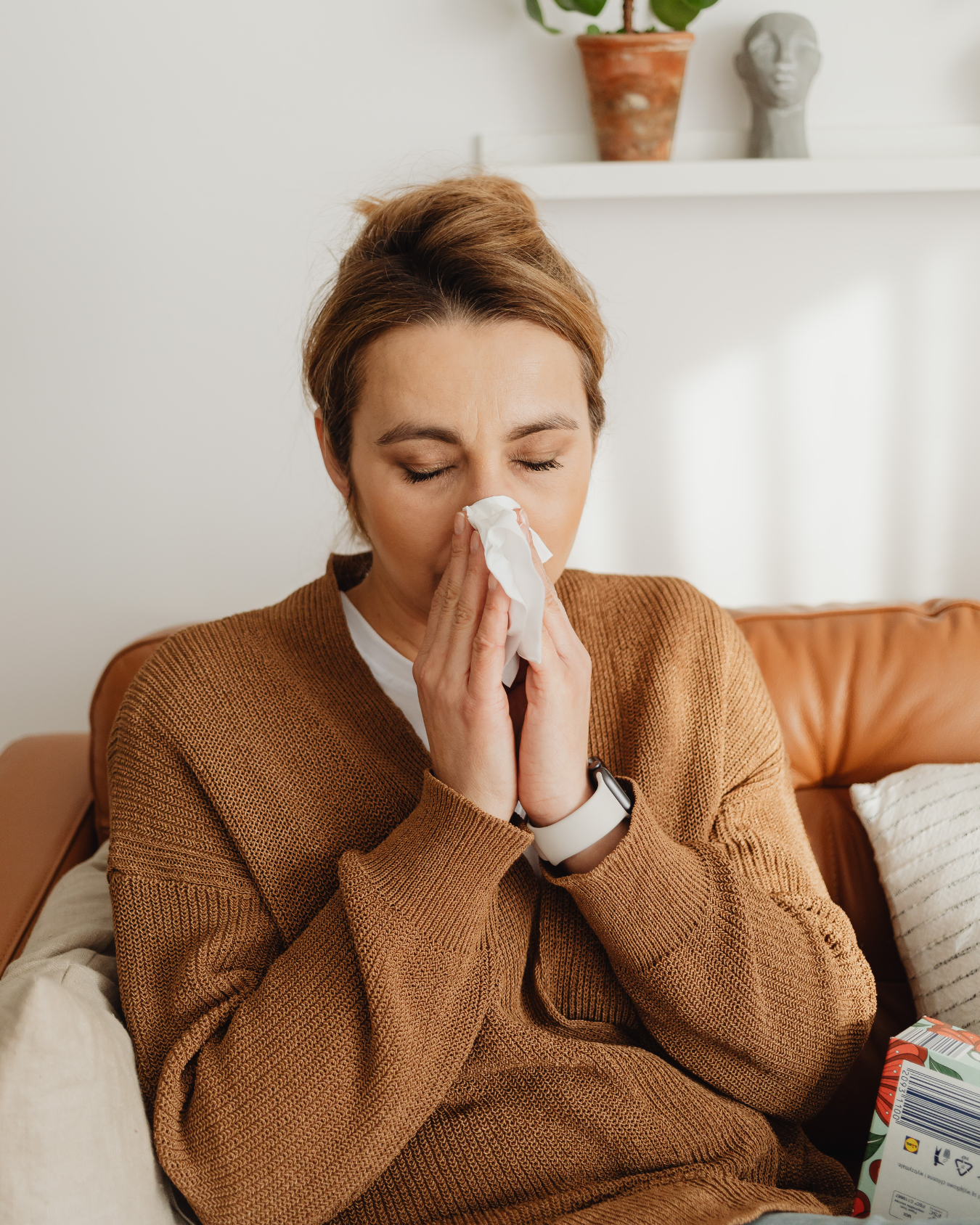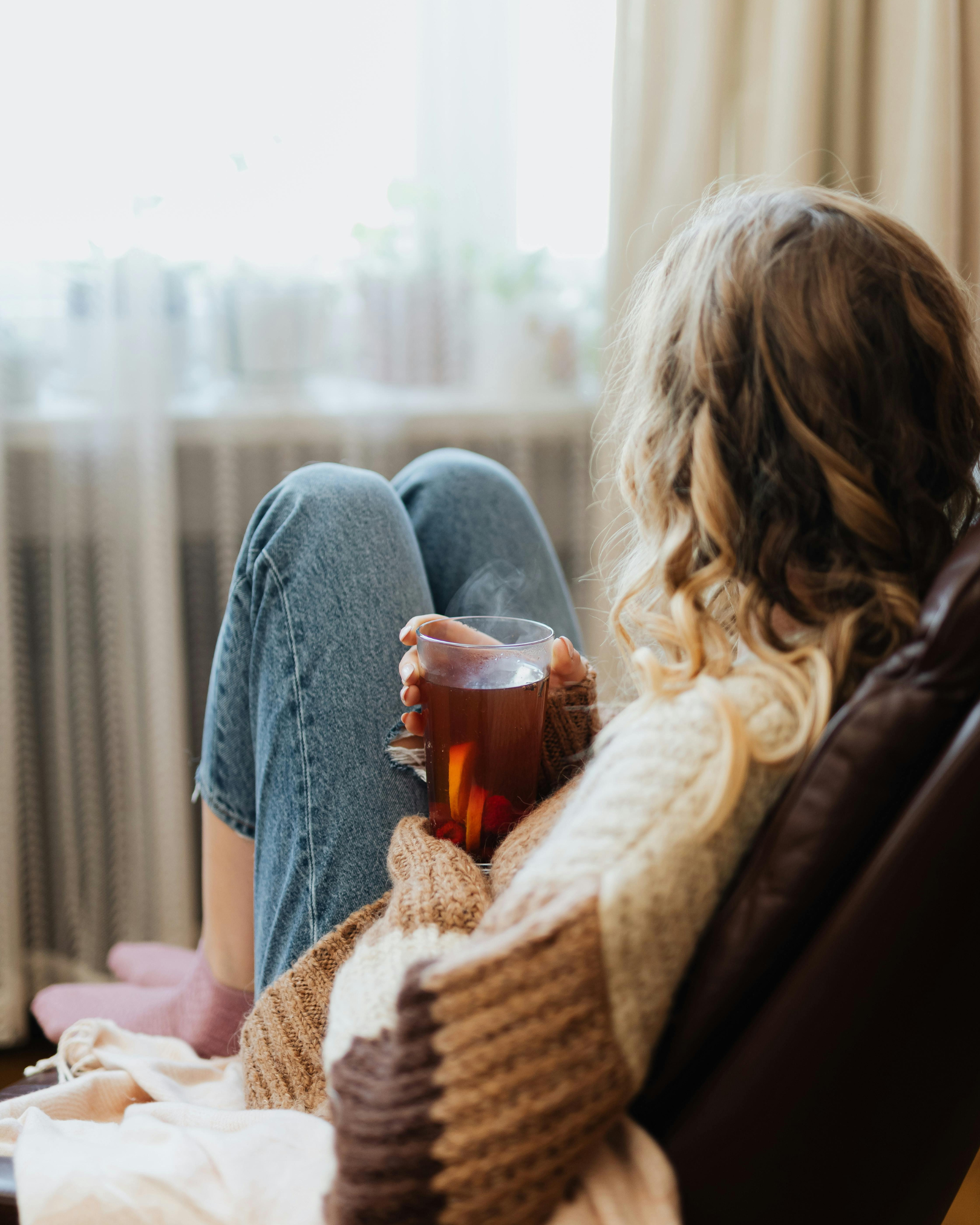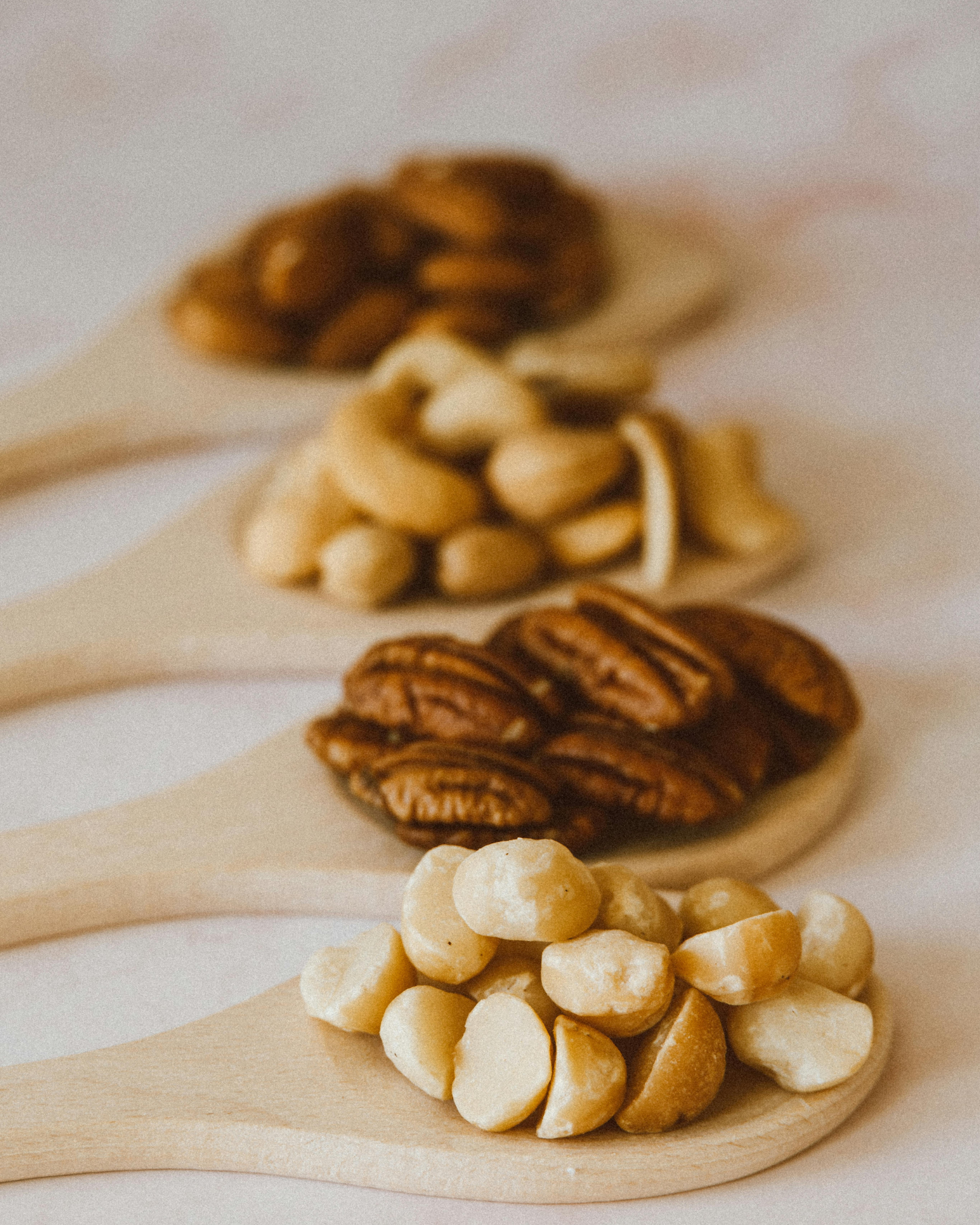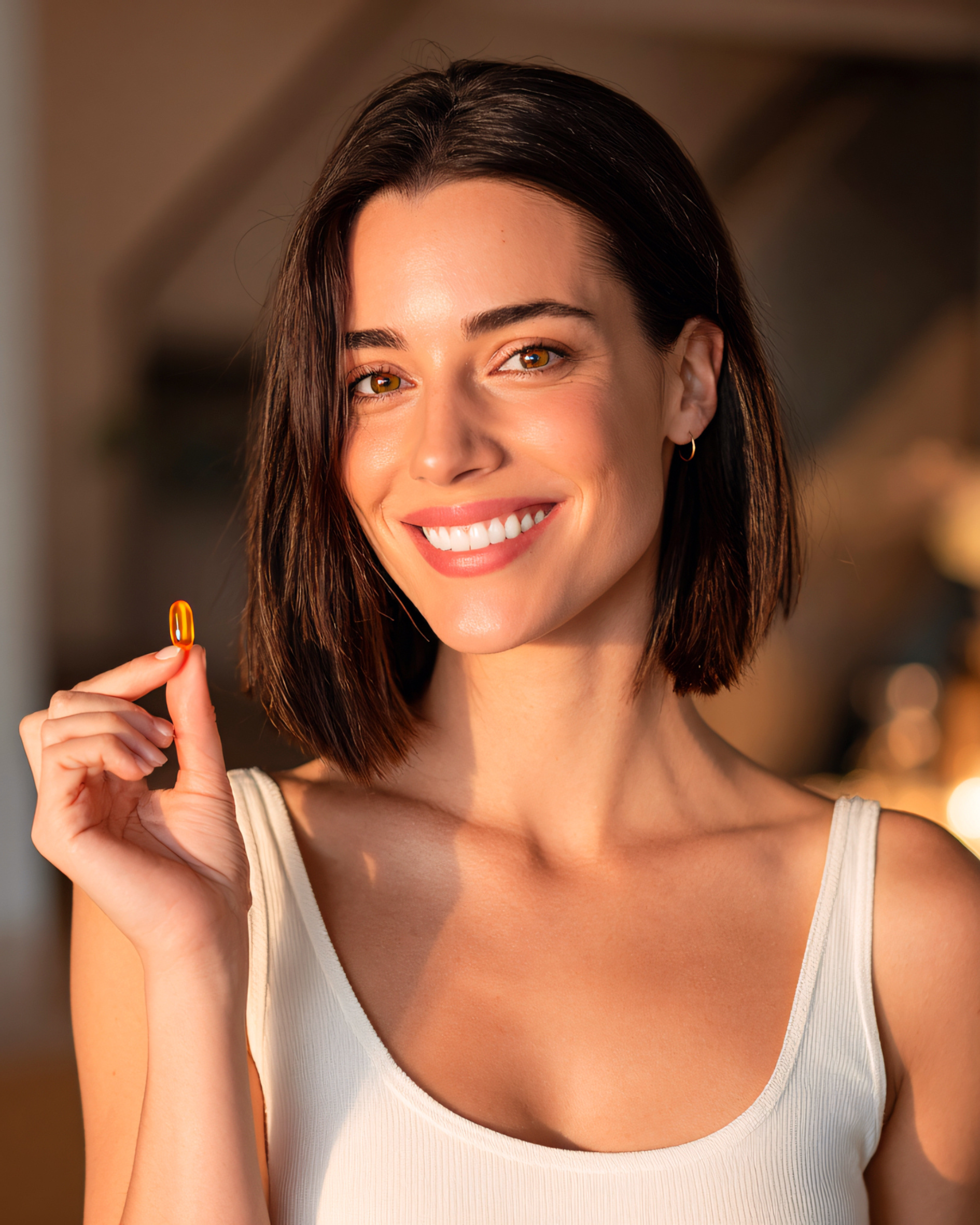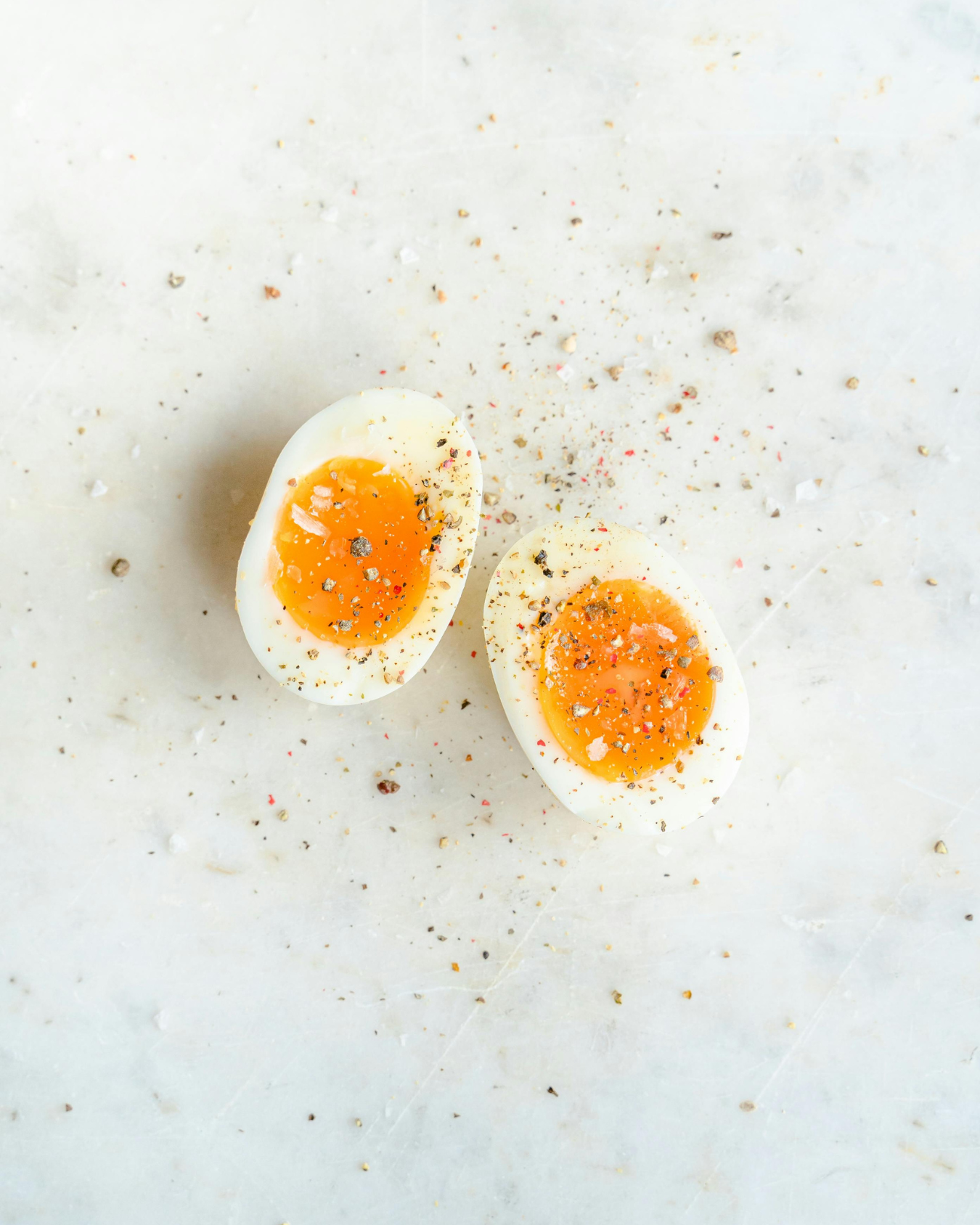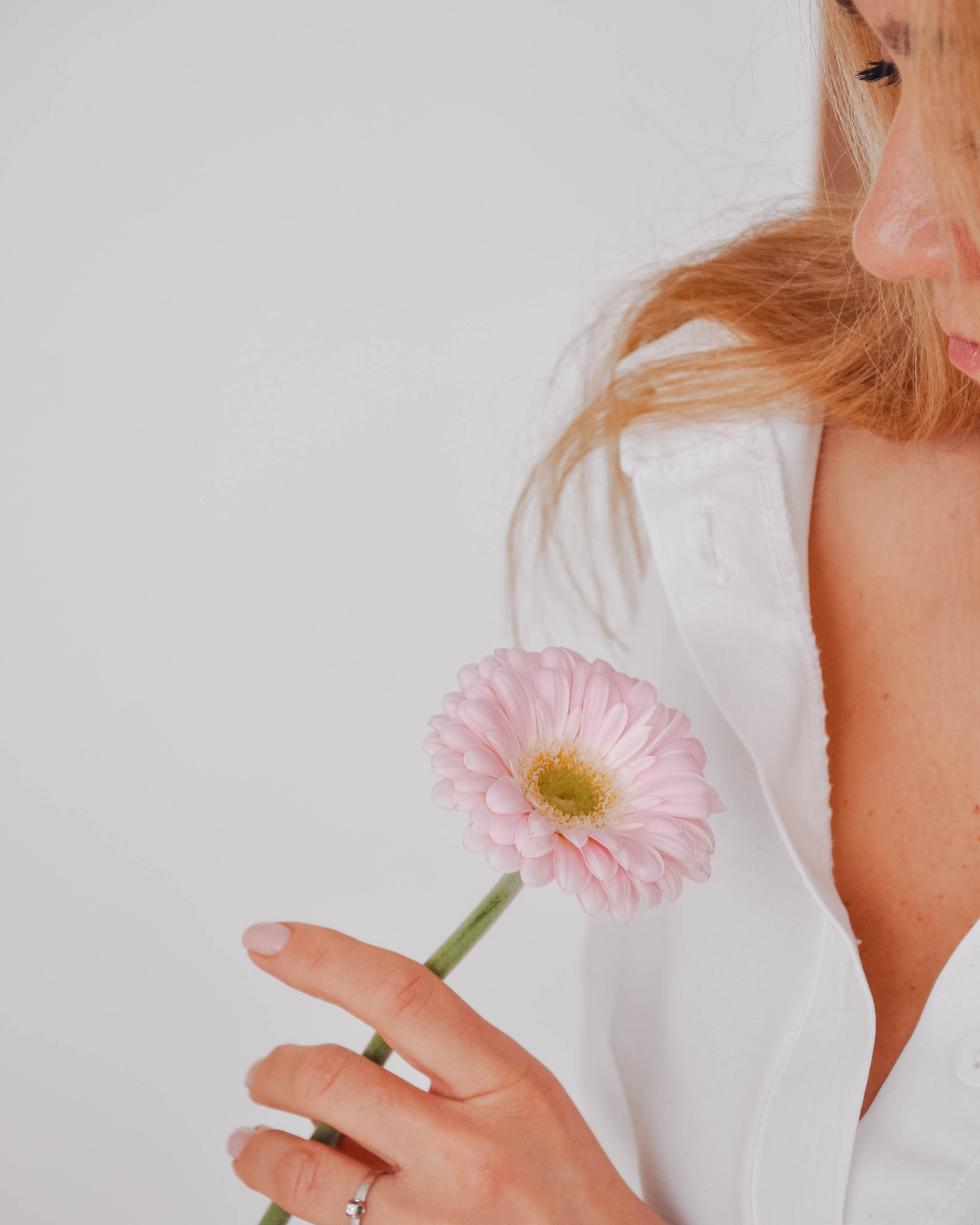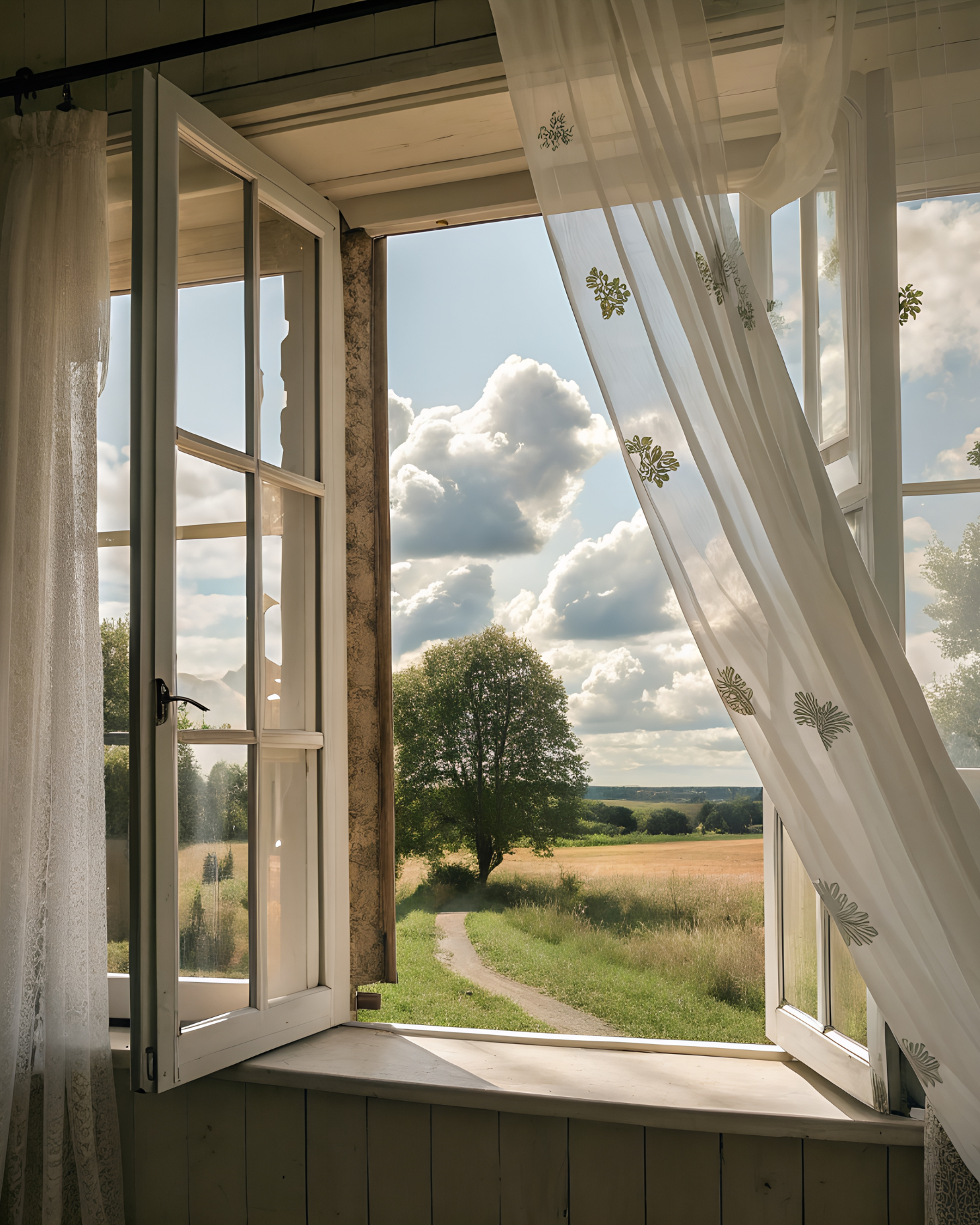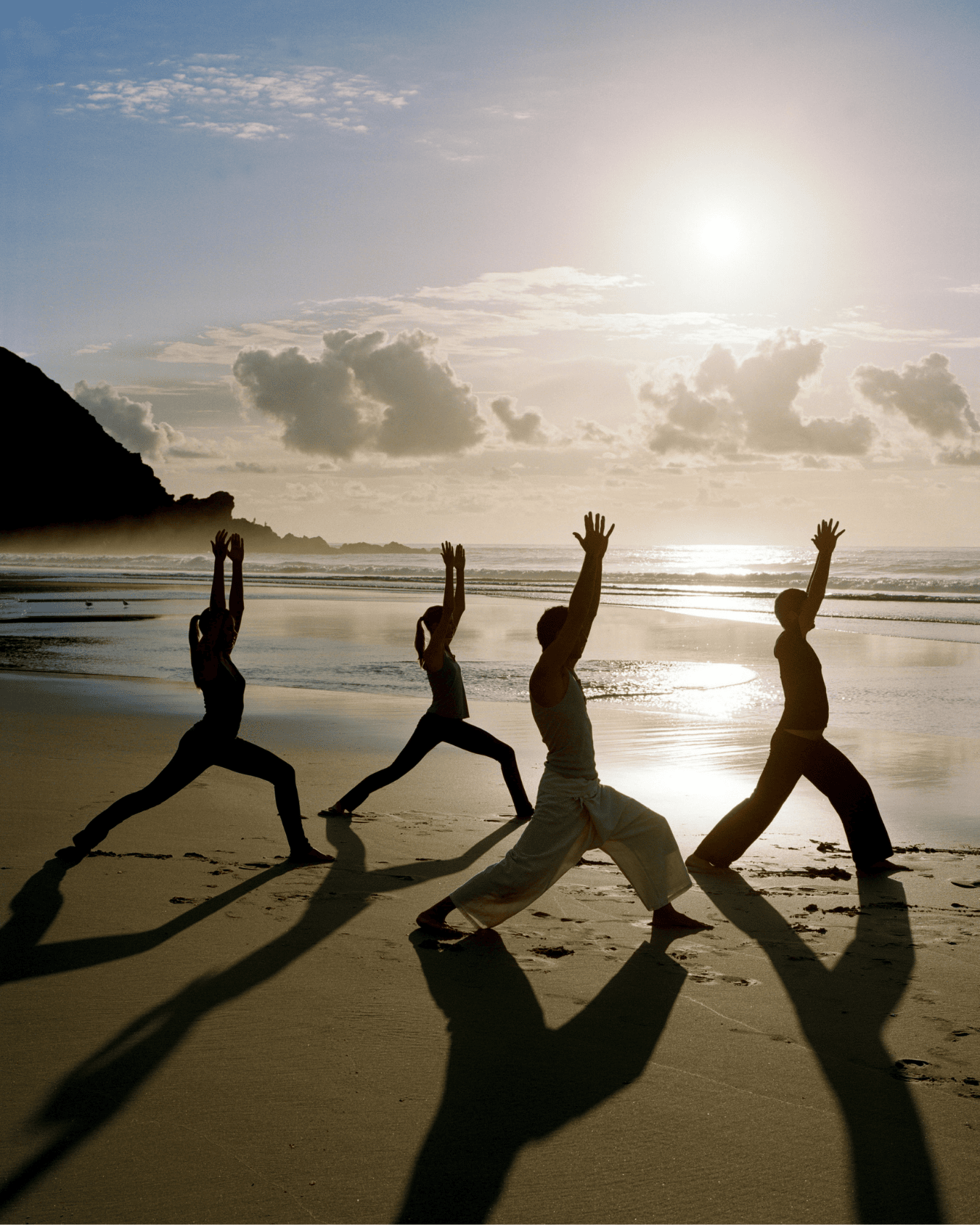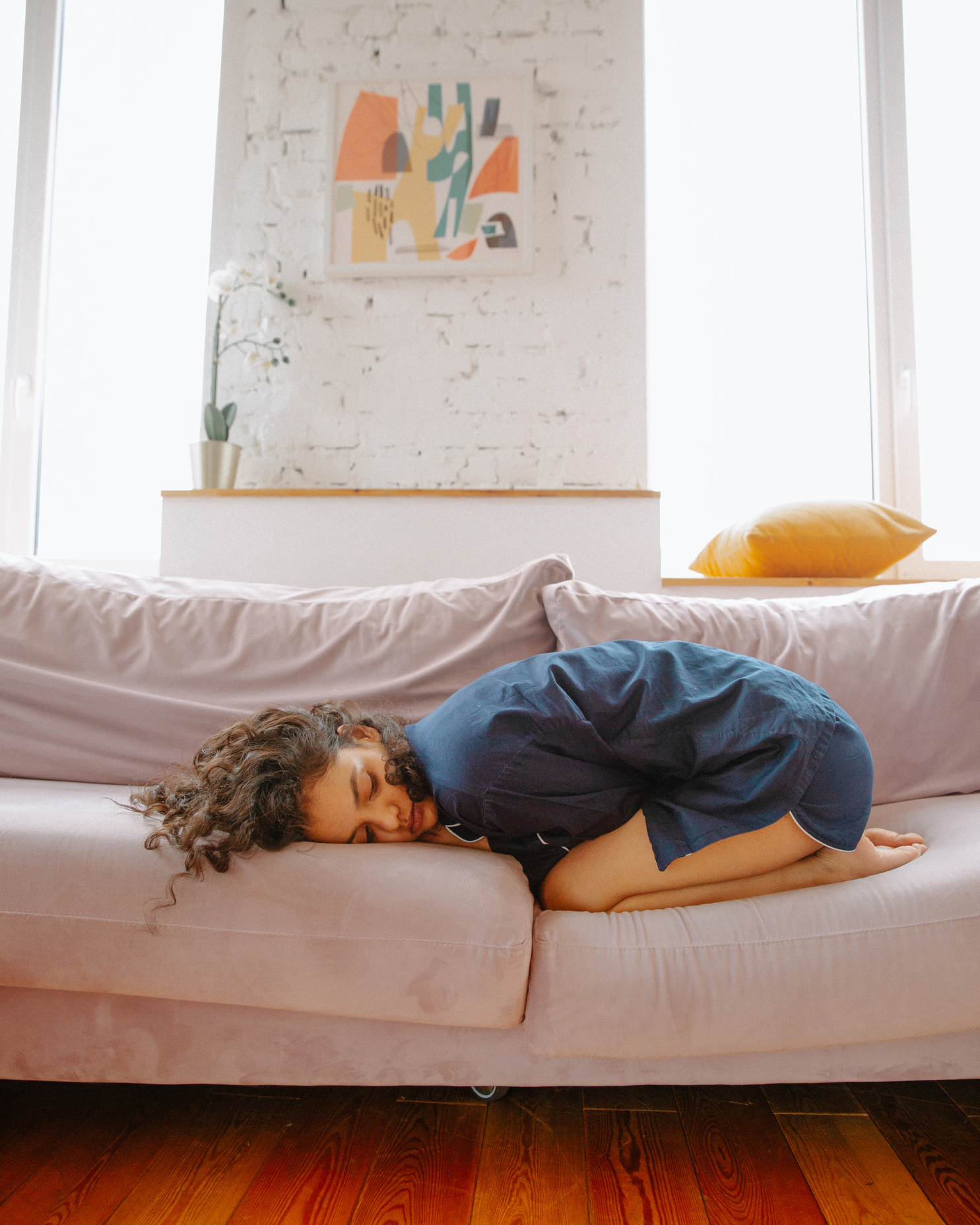Blume, C., Garbazza, C., & Spitschan, M. (2019). Effects of light on human circadian rhythms, sleep and mood. Somnologie : Schlafforschung und Schlafmedizin = Somnology : sleep research and sleep medicine , 23 (3), 147–156. https://doi.org/10.1007/s11818-019-00215-x
Lok, R., Woelders, T., Gordijn, MCM, van Koningsveld, MJ, Oberman, K., Fuhler, SG, Beersma, DGM, & Hut, RA (2022). Bright Light During Wakefulness Improves Sleep Quality in Healthy Men: A Forced Desynchrony Study Under Dim and Bright Light (III). Journal of biological rhythms , 37 (4), 429–441. https://doi.org/10.1177/07487304221096910
Figueiro, M. G., Steverson, B., Heerwagen, J., Kampschroer, K., Hunter, C. M., Gonzales, K., Plitnick, B., & Rea, M. S. (2017). The impact of daytime light exposures on sleep and mood in office workers. Sleep Health , 3 (3), 204–215. https://doi.org/10.1016/j.sleh.2017.03.005
Auld, F., Maschauer, E. L., Morrison, I., Skene, D. J., & Riha, R. L. (2017). Evidence for the efficacy of melatonin in the treatment of primary adult sleep disorders. Sleep Medicine Reviews , 34 , 10–22. https://doi.org/10.1016/j.smrv.2016.06.005
Fatemeh, G., Sajjad, M., Niloufar, R., Neda, S., Leila, S., & Khadijeh, M. (2022). Effect of melatonin supplementation on sleep quality: a systematic review and meta-analysis of randomized controlled trials. Journal of neurology , 269 (1), 205–216. https://doi.org/10.1007/s00415-020-10381-w
Duffy, J. F., Wang, W., Ronda, J. M., & Czeisler, C. A. (2022). High dose melatonin increases sleep duration during nighttime and daytime sleep episodes in older adults. Journal of pineal research , 73 (1), e12801. https://doi.org/10.1111/jpi.12801
Arab, A., Rafie, N., Amani, R., & Shirani, F. (2023). The Role of Magnesium in Sleep Health: a Systematic Review of Available Literature. Biological trace element research , 201 (1), 121–128. https://doi.org/10.1007/s12011-022-03162-1
Chen, T.Y., Hiyama, A., Muramatsu, M., & Hinotsu, A. (2022). The Effect of Lavender on Sleep Quality in Individuals Without Insomnia: A Systematic Review. Holistic Nursing Practice , 36 (4), 223–231. https://doi.org/10.1097/HNP.0000000000000528
Ngan, A., & Conduit, R. (2011). A double-blind, placebo-controlled investigation of the effects of Passiflora incarnata (passionflower) herbal tea on subjective sleep quality. Phytotherapy research: PTR , 25 (8), 1153–1159. https://doi.org/10.1002/ptr.3400


